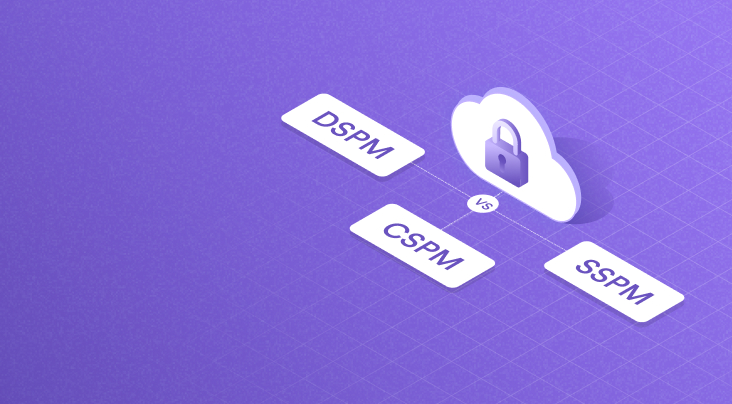1. Data Categorization and Classification Under DSL
The DSL categorizes data into two main classes: National Core Data, and Important Data. The DSL prescribes stricter regulation and protection of the “National Core Data” that covers data related to national security, the lifeline of the national economy, and people’s livelihoods and that is important to major public interests.There is no clarity on which category of the data will fall under the important data under the DSL at the moment. The Chinese government will set official criteria for the industry specific important data rather than allow business operators to decide the scope of important data at their discretion. However, under the CAC Draft Data Security Administration Guidelines published in May 2019, important data refers to data that, if leaked, may directly affect national security, economic security, social stability, public health, and safety.
As described under Article 21 of the DSL, the government of China will establish a hierarchical data classification management and data protection system focused on the importance of different types of data to the national economy, national security, and public interest.
The relevant departments which shall be responsible for the development of the hierarchical categorization and multilevel data security schemes are as follows:
- The national data security coordination mechanism will coordinate with the relevant departments to formulate an important data catalogue at the national level.
- Different administrative regions and regulatory authorities of different industrial sectors (the relevant departments) will formulate their own specific important data catalogs with protection requirements.
This will affect how organizations structure their own data classification programs regarding important data and multilevel data protection schemes to protect certain categories of information.













